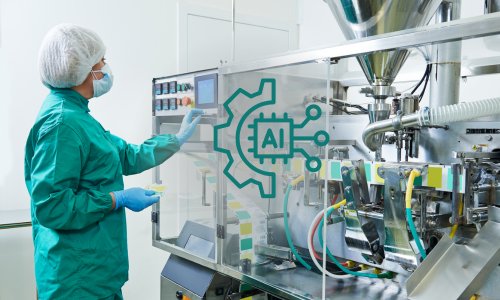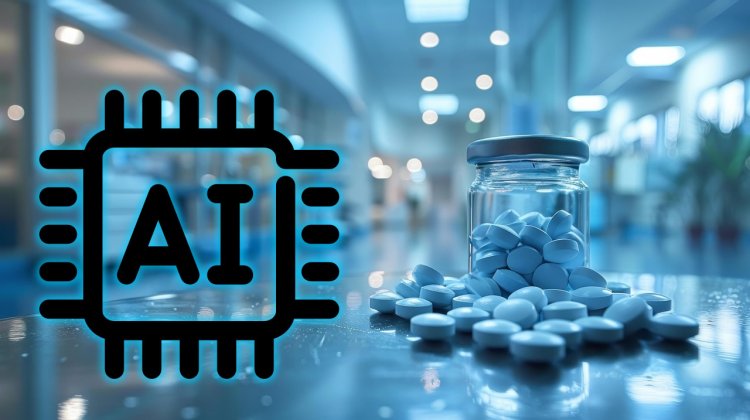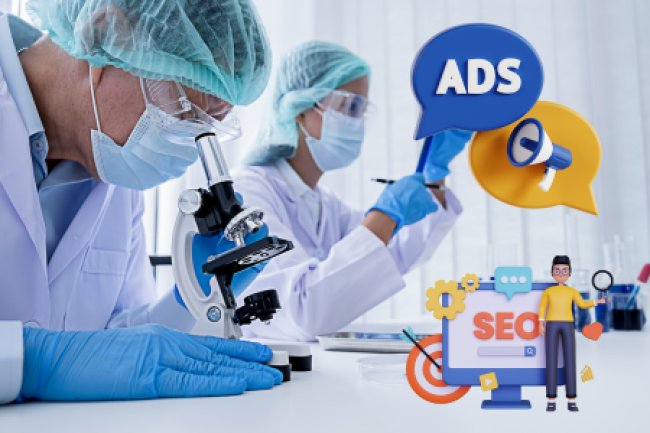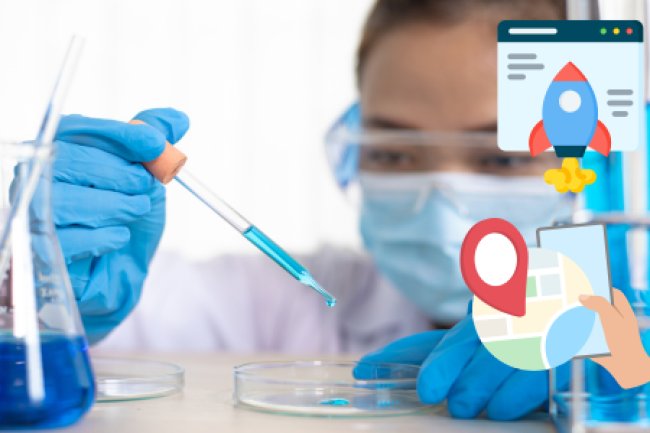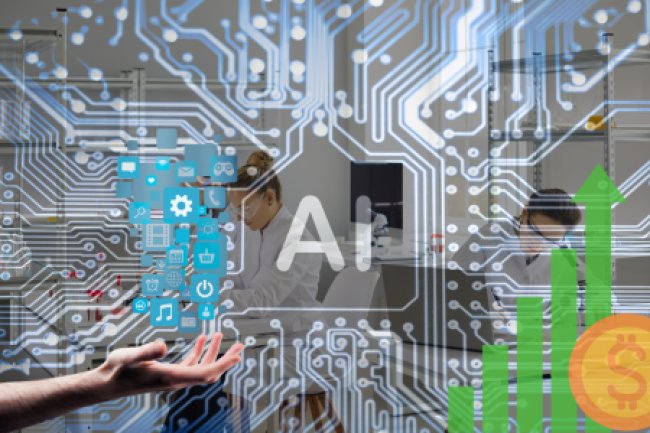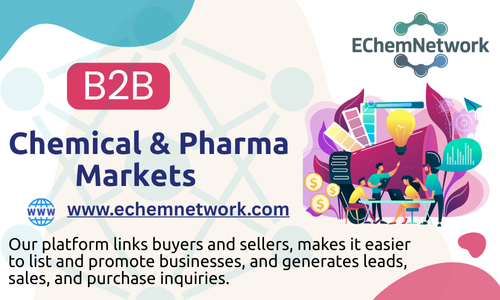How is the use of AI transforming operations in pharmaceutical industry
Discover how cutting-edge digital tools like AI, robotics, and process automation are transforming the chemical and pharmaceutical industries in 2025. Stay ahead with the latest trends and innovations to accelerate growth and efficiency.
In a significant shift within the pharmaceutical industry, drug services firms are increasingly turning to artificial intelligence (AI) and robotics to transform how drugs are developed, tested, and brought to market. This technological evolution is being driven by the growing need to reduce development timelines, cut costs, and increase efficiency in research and production environments.
Traditionally, drug development has been a time-consuming and resource-intensive process, often taking several years and vast financial investments before a new therapy can reach patients. However, recent advances in AI have introduced new possibilities. From early-stage compound discovery to preclinical research, These days, artificial intelligence (AI) algorithms are used to anticipate molecular behavior, find viable drug candidates, and highlight possible side effects—often in a fraction of the time that a human researcher would need.
2. Robotics and automation are simplifying monotonous processes like sample preparation, testing, and data processing outside of the lab bench. This shift allows scientists to focus on higher-value activities such as experimental design, data interpretation, and strategic decision-making. The result is not only faster workflows but also improved accuracy and consistency in results.
AI is also making an impact in clinical trials, where machine learning models can analyze vast datasets to identify ideal trial participants, predict trial outcomes, and detect anomalies in real-time. This level of insight helps reduce trial failure rates and enhances patient safety.
Despite the growing adoption of AI, experts caution that human expertise remains indispensable. AI tools are most effective when used as decision-support systems—enhancing, rather than replacing, the judgment and creativity of experienced researchers. Ethical considerations, data privacy, and regulatory compliance also continue to be areas of active discussion as the technology evolves.
Looking ahead, the integration of AI into drug services is expected to accelerate further, shaping a future where new treatments can be developed more quickly and tailored more precisely to individual patient needs. As the pharmaceutical landscape embraces this digital transformation, it marks a pivotal moment for innovation in global healthcare.
Meta Keywords
chemical industry tools, pharmaceutical digital tools, AI in pharma, pharma automation 2025, chemical manufacturing software, pharma supply chain visibility, lab automation, digital twin pharma, predictive maintenance chemical industry
What's Your Reaction?







